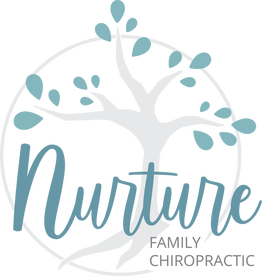|
Pain science is beginning to be well recognized by a variety of health care practitioners, especially those who work with patients with chronic pain. This is important because it gives practitioners the additional knowledge and tools to better help patients. Pain is a universally experienced phenomena so the ability to understand pain better is very valuable. Pain is an experience. It is ALWAYS perceived at the level of the brain. There are of course pain receptors all over the body but the sensation of pain must make it to the brain in order to be registered truly as pain (Fun fact: this is how nerve blocks work! Cool!). This is not to discount mechanical stress to your body as a reason for causing pain. Of course if you got a paper cut (mechanical stress) on your finger you would feel pain. This is known as acute pain: you get injured, you feel pain. Chronic pain, on the other hand, has many more factors that can contribute to the experience of pain including emotions, past experiences, beliefs, lifestyle, sleep and diet to name a few. One of the leading researches in pain science, Lorimer Moseley, and his colleagues have learned that the central nervous system plays an enormous role in persistent, on-going, chronic pain. Chronic pain is loosely defined as being in pain for over months. When this happens, the central nervous system become hypersensitized to pain responses leading to less and less stimuli required to create a pain response. For example, a person with chronic low back pain can experience pain in their low back even from the lightest of touch or pressure placed on their low back. For some individuals with chronic pain, they can even develop pain by simply THINKING about it. This gives researchers great insight as to why and how pain is caused and experienced. Check out Lorimer Moseley's excellent video explaining pain. If you or someone you know is experiencing chronic pain, get professional help. Visit your local chiropractor or family doctor for strategies and treatment to help decrease your chronic pain.
0 Comments
Leave a Reply. |
AuthorDr. Yee Archives
May 2024
Categories |
Location77 Westmount Rd
Suite 208 Guelph, ON. N1H 5J1 |
|

 RSS Feed
RSS Feed